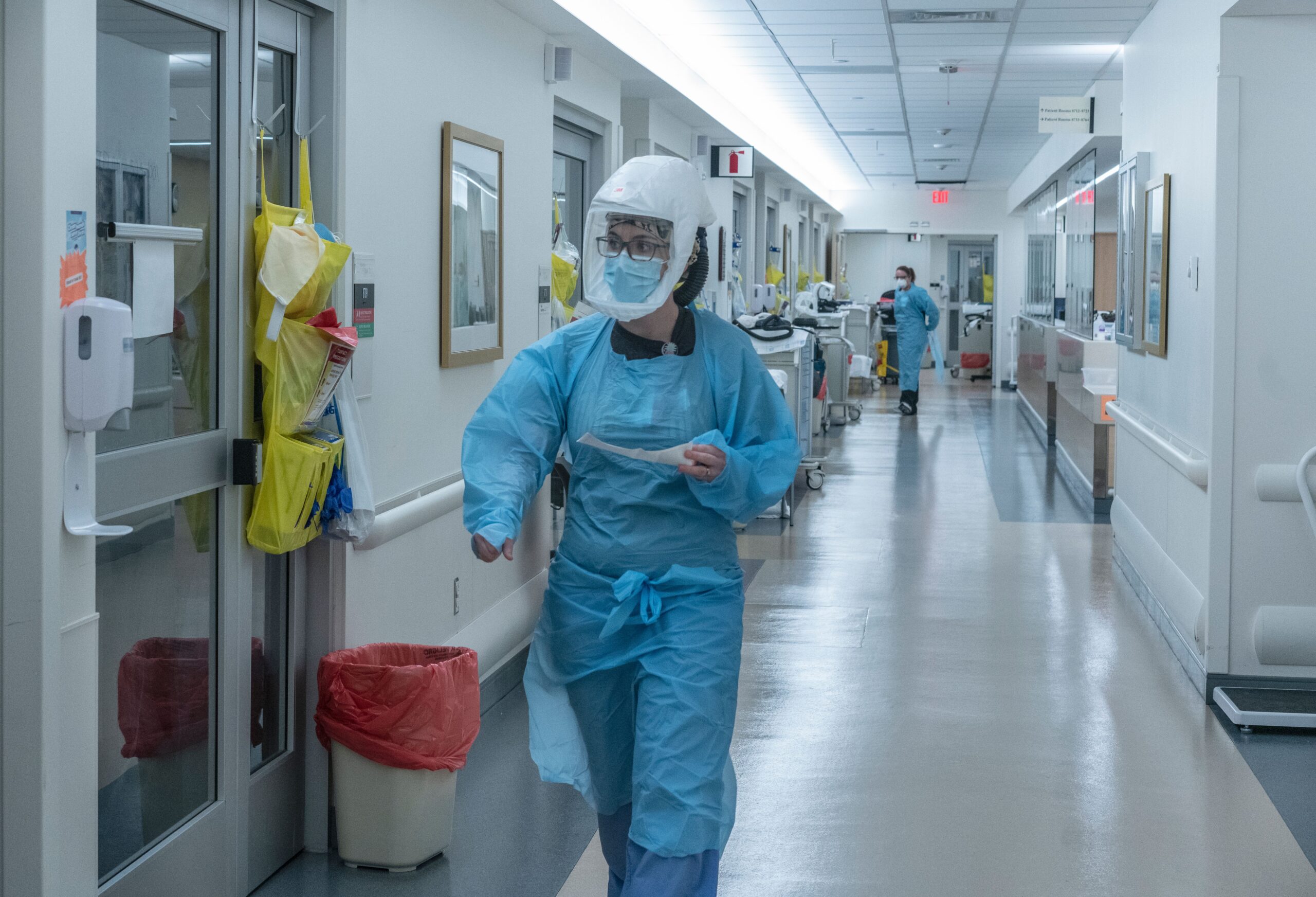- Joined
- Nov 30, 2020
- Messages
- 926
- Reaction score
- 1,106
I've been following this case and honestly this corruption needs to be called out. This nurse accidently did a med error potentially causing a patient death. She reported the error and did all the thing she was suppose to do and was then fired. Vanderbilt swept the situation under the rug to try to avoid bad publicity. Someone made a tip to medicaid and after they threatened to cut reimbursement the nursing board who had cleared Radonda reopened the case and pulled her license and they are now charging her with reckless homicide.
The governor got campaign money from Vanderbilt and is the one who appointed people on the board of nursing. It's crazy to know that if you or a loved one gets injured or killed at a place that donated money to a campaign that you can get swept under the rug and if you work at one of these places they will go out of their way to make sure you get hit by the proverbial bus to save themselves.
This shows these boards don't even put patient safety first they care about their scratching their donors backs more.
The governor got campaign money from Vanderbilt and is the one who appointed people on the board of nursing. It's crazy to know that if you or a loved one gets injured or killed at a place that donated money to a campaign that you can get swept under the rug and if you work at one of these places they will go out of their way to make sure you get hit by the proverbial bus to save themselves.
This shows these boards don't even put patient safety first they care about their scratching their donors backs more.


